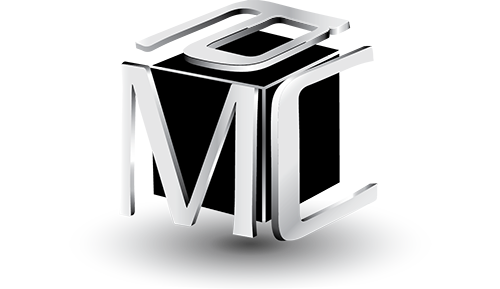I hate to admit it but the first time I facilitated a group process was in 1979. I’m sure that first effort wasn’t pretty but it started me down a career-long study of the art and science of facilitation. It was one of the best things I’ve ever done since it is a capability that can be applied in a wide range of situations. I’ve facilitated hundreds of meetings, projects, and processes; from small teams to groups of over a thousand; from brief meetings to multi-day or -month efforts; with businesses and non-profits to colleges, unions and churches.
Often times, I get a reaction from someone involved in the facilitation that goes something like, “How did you do that? We’ve never gotten that much done before. What’s your magic?” Well, after careful consideration, I have decided to reveal the magic of my high-impact facilitation ability.
Long ago, in a galaxy far away, my home planet was about to explode and my parents, Dean-El and Roberta-El, put me in a rocket . . . . . wait . . . . that’s not it. The real “magic” isn’t superhuman (though many years of experience doesn’t hurt.) There are two important potions in facilitation magic.
Design, Design, Design. This is a secret that I learned many years ago from my mentor and facilitation guru, Jerry McNellis. This magic occurs long before the actual session begins and involves querying stakeholders to gain a thorough understanding of the situation at hand and what is to be accomplished. It takes the superhuman capabilities of questioning, listening and observation. I’ve done facilitation-on-the-fly (mostly in emergency situations) but it is never as effective as a well designed and tested process. The result is a laser-like focus that doesn’t waste anyone’s time and gets more done than anyone thought possible.
Dumb Facilitators That’s right, the stupider the better – that’s why I have excelled. No, seriously . . . by “dumb” I mean someone who can stay out of the content and focus on the process. It always surprises me when a potential client is looking for a facilitator that is an expert in their industry. Why? Don’t they already have experts? What are all those people doing on the payroll then? They don’t need another industry expert. What they really need is someone who can effectively tap into the existing expertise, stay above the fray, make sure the process is on target, can ask insightful (dumb) questions and can know when to call audibles or make mid-course corrections.
There you have it – the non-magic of high-impact facilitation. Go forth and cast your spell!


